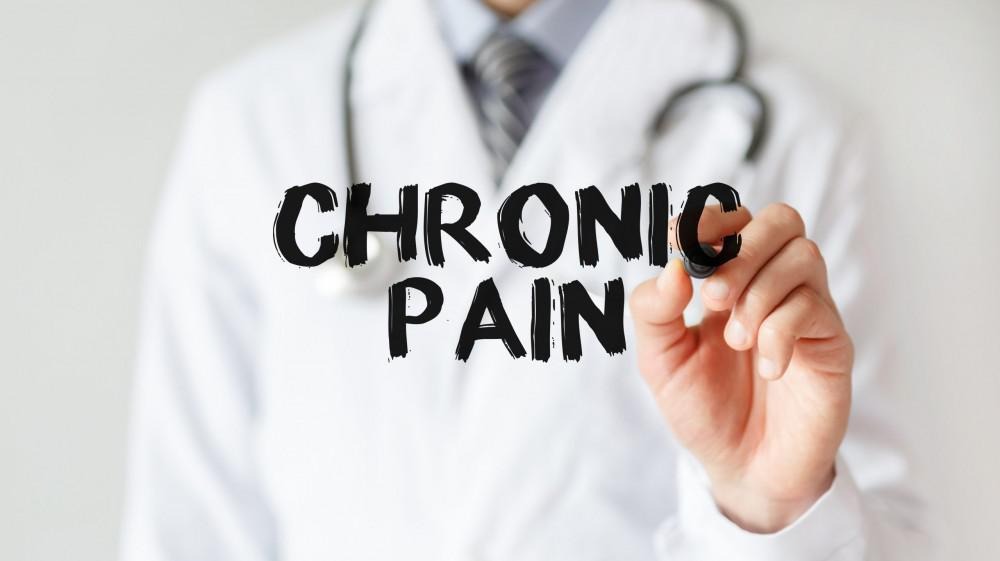10 Most Common Myths About Chronic Pain Everyone Should Know

Despite the fact that chronic pain affects approximately 100 million adults in the United States, it is still widely misunderstood by society and even patients. The following are ten of the most common chronic pain myths.
1. Medication is the only way to treat chronic pain
The most effective chronic pain treatment plans often involve a combination of therapies, such as medication, exercise, physical therapy, and complementary therapies like massage therapy, meditation, or yoga.
2. Chronic pain is constant
According to the American Pain Society's report, 61 percent of patients with chronic pain have regular outbursts of pain rather than permanent pain. Pain and its severity will vary from day to day for the majority of us. Pace yourself so you can have more good days ahead of you.
3. Opioids are the only effective drugs for pain
While opioids are the most well-known painkillers, they are not always the most helpful, depending on the patient and the sort of pain they are suffering. Antidepressants and anti-convulsants are two more types of medications that are regularly used to treat various types of chronic pain.
4. People often exaggerate their pain to get sympathy
The majority of chronic pain patients strive to keep their discomfort to a minimum in order to appear as "normal" as possible. They many not want to be seen as whiners, so they keep a lot of our suffering to themselves.
5. Your physician should be able to treat your chronic pain
The majority of clinicians receive relatively minimal pain management training. As a result, seeing a pain management specialist is frequently required. Contact the American Academy of Pain Management or the American Academy of Pain Medicine to find a board-certified pain management practitioner.
6. People who are in pain all the time are simply lazy
People without chronic pain may find it difficult to comprehend why patients with chronic pain are unable to work or participate in activities. They are unaware that pain levels vary and that they might have good and bad days. They also have no idea how incapacitating chronic pain may be.
7. You should ignore your pain
Pushing ourselves too hard despite the pain will not result in gains, but may result in further injuries. However, there are times when we must force ourselves to get up and walk around in order to prevent becoming stiff and therefore exacerbating our pain. Talk to your doctor if you're unsure about what activities you should and shouldn't undertake.
8. It's all an aspect of mind over matter when it comes to chronic pain
Many people have indicated that mindfulness meditation techniques have helped them to reduce their pain-related suffering. The best ways to deal with chronic pain, on the other hand, frequently involve both mind and matter (i.e., mental and physical techniques).
9. Pain is a normal part of aging
While painful illnesses like arthritis and bursitis become increasingly frequent as you get older, they should not be dismissed as "normal." Any persistent pain that is interfering with your life should be discussed with your doctor.
10. If you take opioid pain meds on a regular basis, you will become addicted
While it’s probable that anyone who takes opioids on a regular basis will get addicted to them, only a small percentage of chronic pain sufferers display the compulsive drug-seeking behaviors associated with addiction.
The Bottom Line
Despite being common chronic pain is not fully understood, thus there are lots of misconceptions about it. If you experience chronic pain, it’s essential to turn to a specialist who can help you choose the best treatment options and combat those aches.
Post a comment